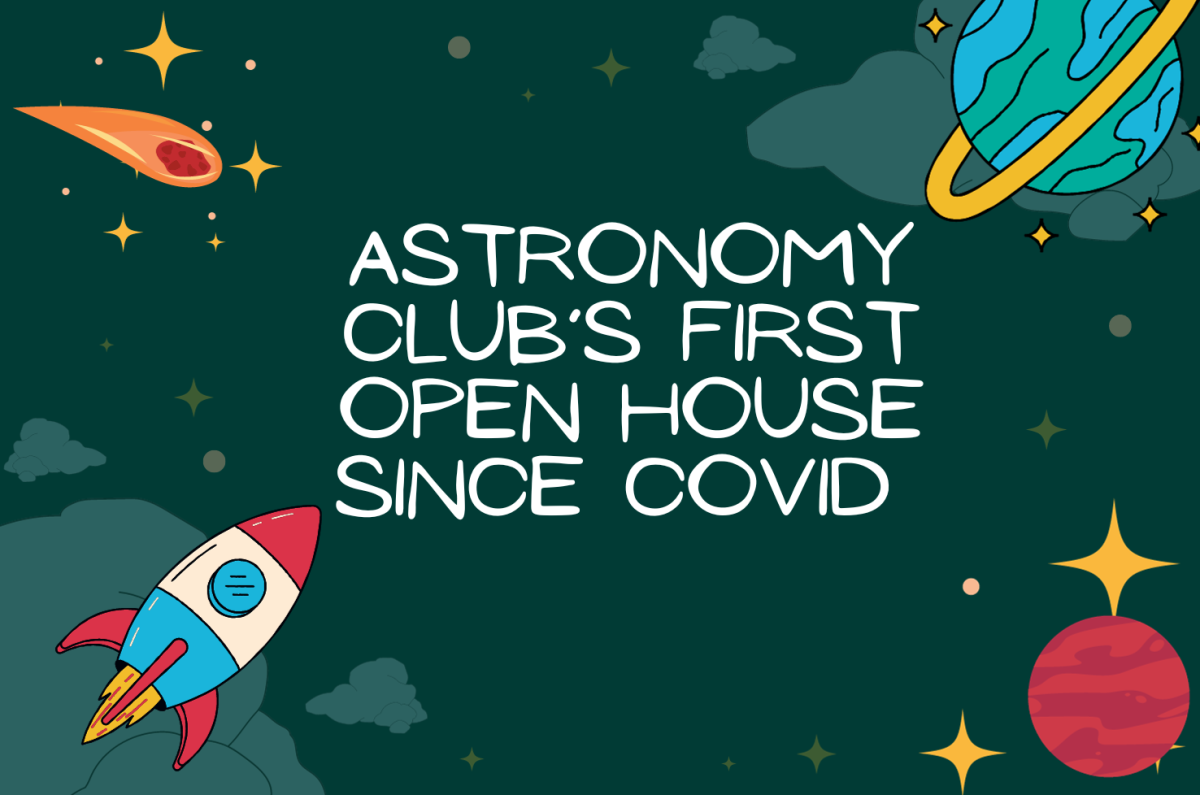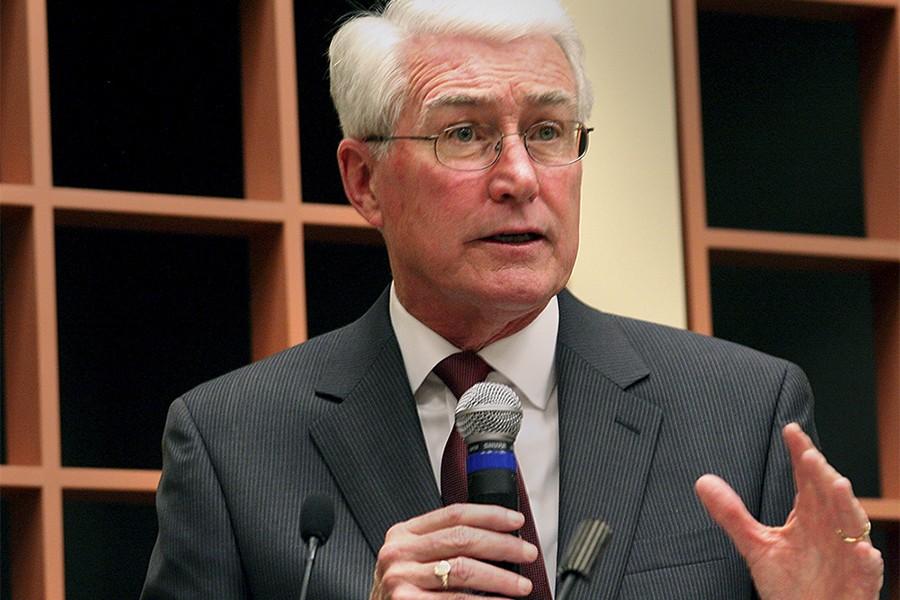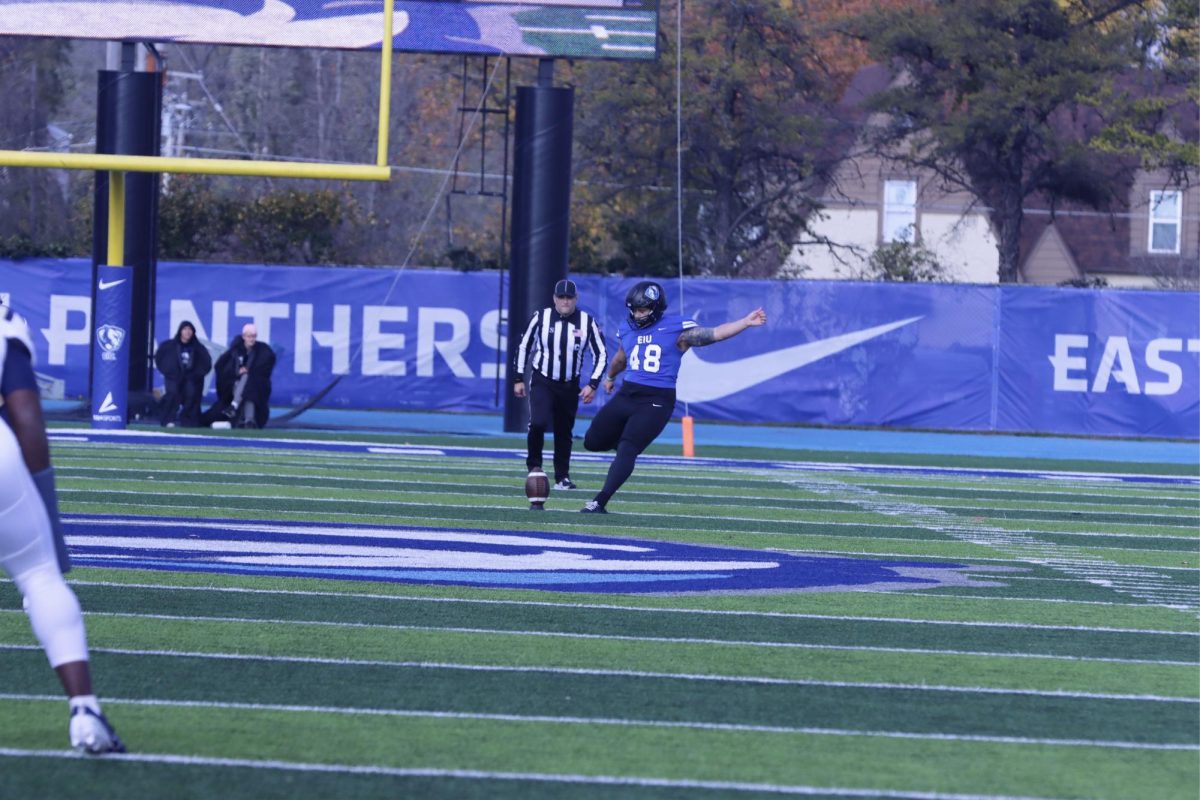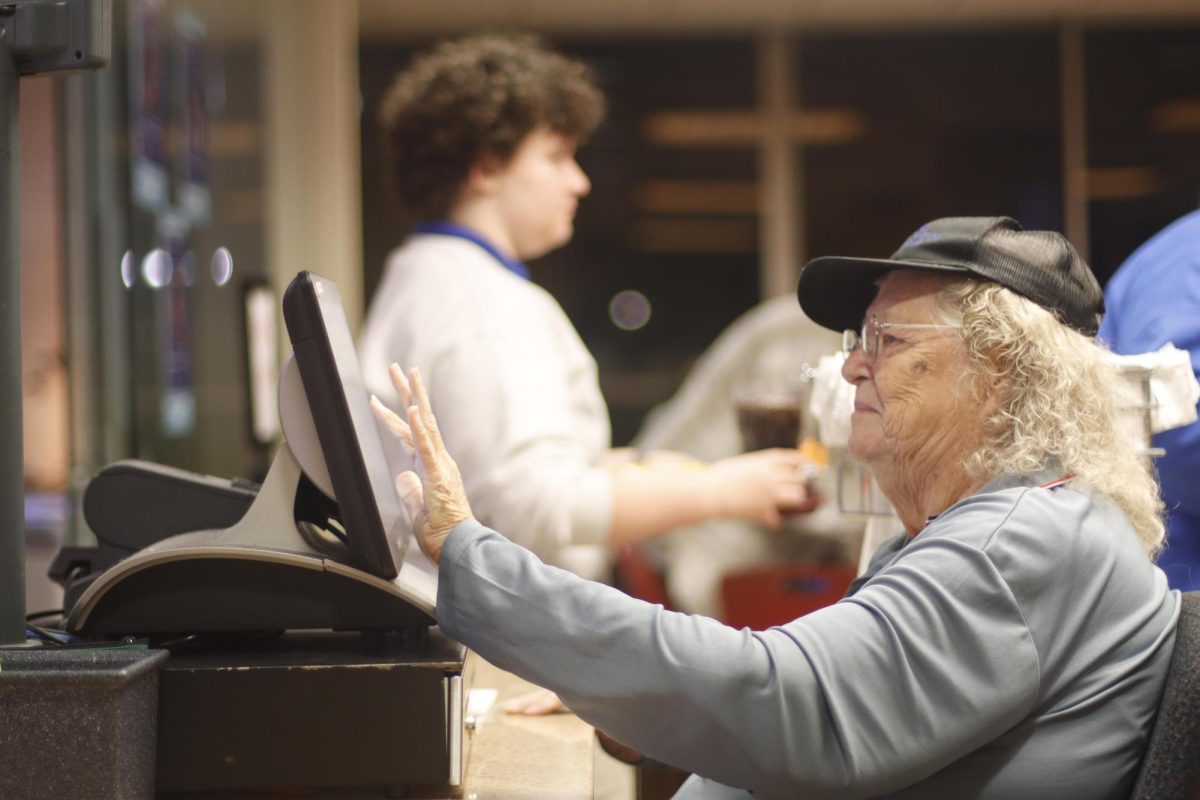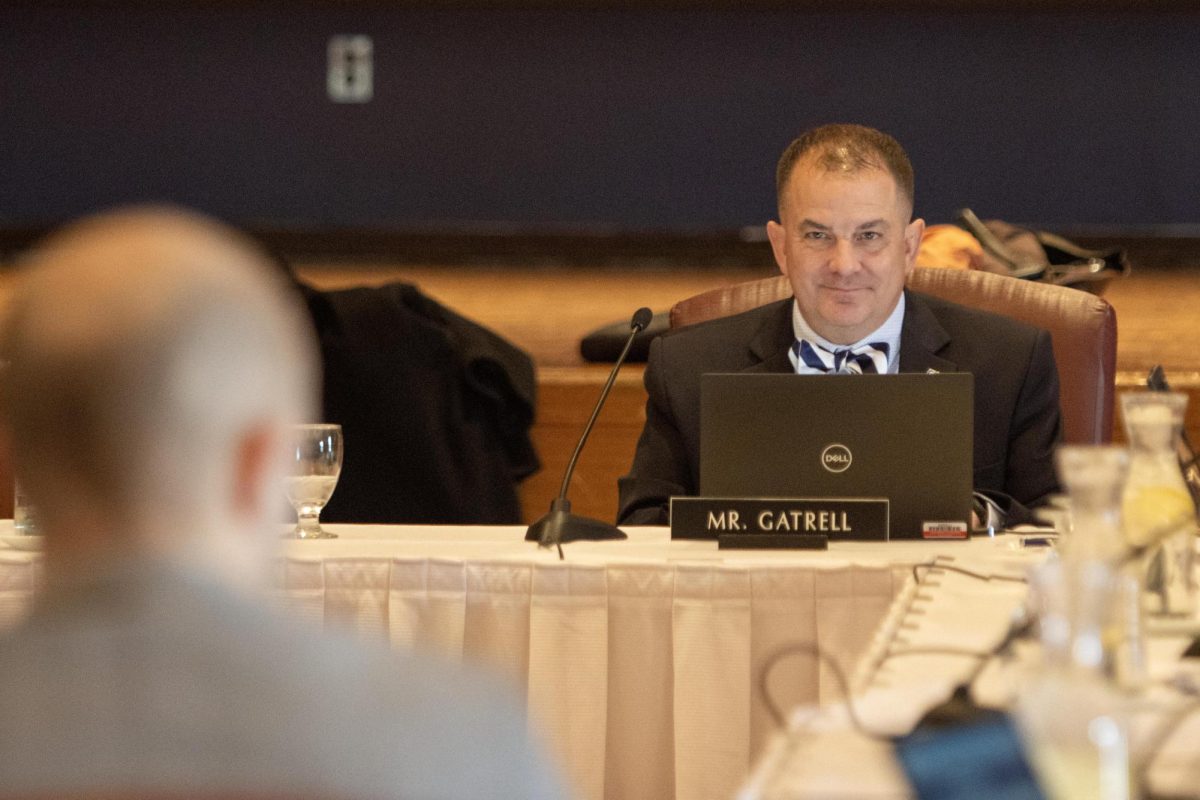Space is hard to see with the naked eye, but with the Astronomy Club’s upcoming Observatory Open House, the visibility is near limitless.
On Friday, Sept. 29, the event will take place at the observatory and will be free for all attendees. The event will begin at 8 p.m.
Planet Jupiter will be visible around 8:15 p.m.
At the event, multiple telescopes will be available for use, like the 8-inch telescope, all of which are funded via donor and alumni funds.
The main 16-inch telescope will not be available for use due to electrical and structural repairs on the dome that will allow the telescope to be more impressive to look through upon completion.
The furthest the 16-inch telescope could see is a supernova explosion if the timing and location were properly utilized.
The 16-inch telescope is not the biggest telescope in service currently, however.
Off-campus, Bob Holmes, the Director of Astronomical Research Institute (ARI), works with Eastern to spot near-Earth asteroids that could prove potentially harmful to our planet.
At least 800 of the asteroids have been discovered, some even being found by students.
On Holmes’ farm where his work is conducted, there are multiple telescopes such as the 30-inch and 32-inch, as well as a 50-inch telescope.
While the farm does contain larger telescopes, the event is being held on campus due to it being “ideal for students and the public,” according to Steven Daniels, the Physics Chair at Eastern.
“You never know what you’ll get,” Daniels said regarding expectations at the event.
With a full moon occurring on Friday, craters will possibly be visible through the telescopes.
Saturn, Jupiter and some of their respective moons are also projected to be visible, playing into the uniqueness of this event.
The open house is not the first to happen regarding the observatory, but when COVID struck the events were temporarily shut down.
Now that the event is back, it sets a basis for more upcoming astronomical events, one of which is the solar eclipse.
The next solar eclipse will occur on April 8, 2024, with a 99.62% visibility rate.
While it is still in the planning stages, multiple campus events are being planned to celebrate the occasion.
Astronomy Club members will also be present to ask them any questions about what is happening recently in the world of astronomy, and anyone interested in the club is also welcome to join.
Luke Brewer can be reached at 581-2812 or at dennewsdesk@gmail.com.

































































